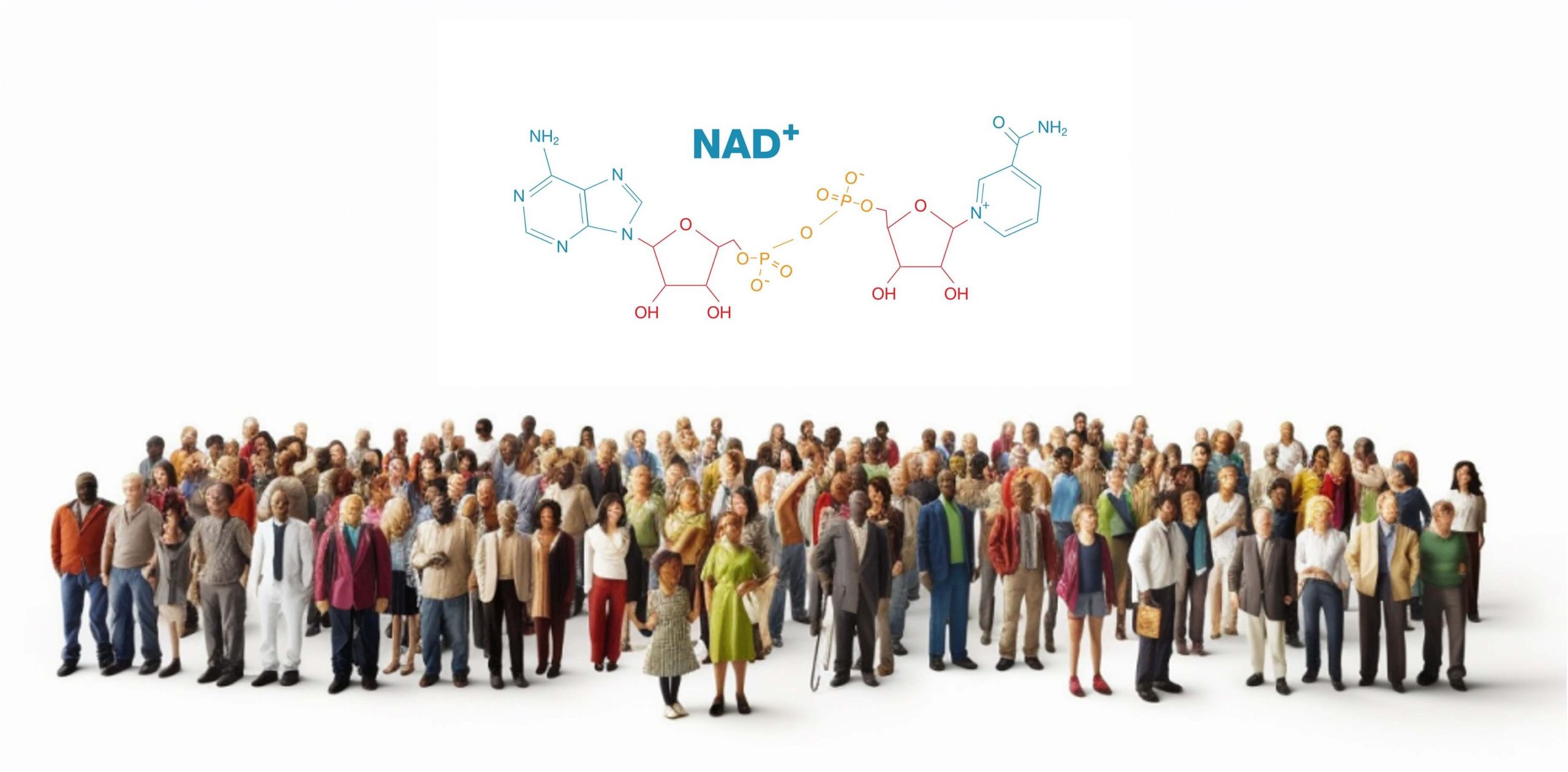Scientists around the world have long demonstrated that our bodies need various fuels for various functions. Proteins help build muscles, carbohydrates provide energy, water helps hydrate us, and vitamins A, D and C strengthen immunity - each serving its own specific purpose and providing different NAD benefits. While the functions of different classes of food have been researched extensively and understood well by medical professionals, health practitioners continue to search for biochemical instruments which regulate metabolisms to slow or reverse aging processes.

While similar, each has distinct properties; NAD+ shows signs of being oxidized while NADH remains nonoxidized. Coenzymes play an integral part of everyday cellular functioning by driving essential reactions within them to create essential products we need, meaning all biological systems would cease functioning without coenzyme presence - nothing would work otherwise!
NAD+ plays an indispensable role in many cellular processes in our bodies, including:
- Catalyzing the activity of ADPR-cyclases. ADPR-cyclases are NAD+-dependent enzymes that control calcium signaling, metabolic pathways, key processes within the nervous system/brain, as well as immune function.
Cellular respiration allows our bodies to break down fats and carbohydrates into energy sources for storage by Adenosine triphosphate (ATP) and energy for electron transport via NADH, before it's converted back to NAD+ through oxidative phosphorylation in mitochondria - meaning too much NADH means too little NAD+ levels!
NAD+ is produced naturally by our bodies; however, the levels available vary based on which systems have priority at any given moment. When this happens, our bodies redirect NAD+ away from processes which don't need it at that moment, reducing biochemical resources allocated to processes which don't warrant attention at that moment in time. Furthermore, human levels of NAD+ decrease with age.
What Are the Causes of NAD+ Decrease?
Aging isn't the only factor which contributes to decreased levels of NAD+ production in our body; there are other contributing factors as well, such as:
- DNA damage: Damage to DNA activates PARP molecules to initiate repair, which are NAD+-dependent and hence use up some of our NAD+ supply.
- Alchol use: Ongoing alcohol use reduces this usage and thus consumption of NAD+ by antidiuretic hormone.
- Overeating: Consuming too much food reduces oxygen levels in our cells, decreasing NAD+ production in our bodies and thus lowering its levels.
- High blood sugar and insulin levels: An excessive rise or fall in either can disrupt the NADH-NAD+ ratio and result in decreased NAD+ levels in your system.
Can You Increase Your NAD+ Levels?
Improving the process that converts NADH into ATP energy increases levels of NAD+ as well. Here are some ways you can initiate and accelerate this reaction:
- Exercise: Physical exertion creates energy stress, leading to an increase in NADH depletion for energy production and higher NAD+ levels. Interval training can produce maximum results; however aerobic exercises also create and sustain this form of energy stress that yields increased amounts of NAD+ production.
- Diet: An excess of carbohydrates can increase NADH production and consequently decrease NAD+ levels, so to boost these, reduce caloric intake through portion control, calorie counting or fasting.
- Fermented foods and kombucha: Fermented foods and kombucha are excellent sources of NAD+ production due to fermentation's use of NADH for lactate production, leading to NAD+ creation.

Why Is NAD Important?
NAD plays an essential role in several vital bodily processes that would otherwise stall without it, including supporting healthy aging, helping our DNA repair itself, making cells resistant to stress while protecting brain function, eating at optimal times according to body needs, sleeping well at night etc. NAD supplement give an added edge against anti-ageing which allows us to slow down this natural aging process and more information can be found with us at The Biostation where our knowledgeable staff would be more than happy to discuss options with us.





